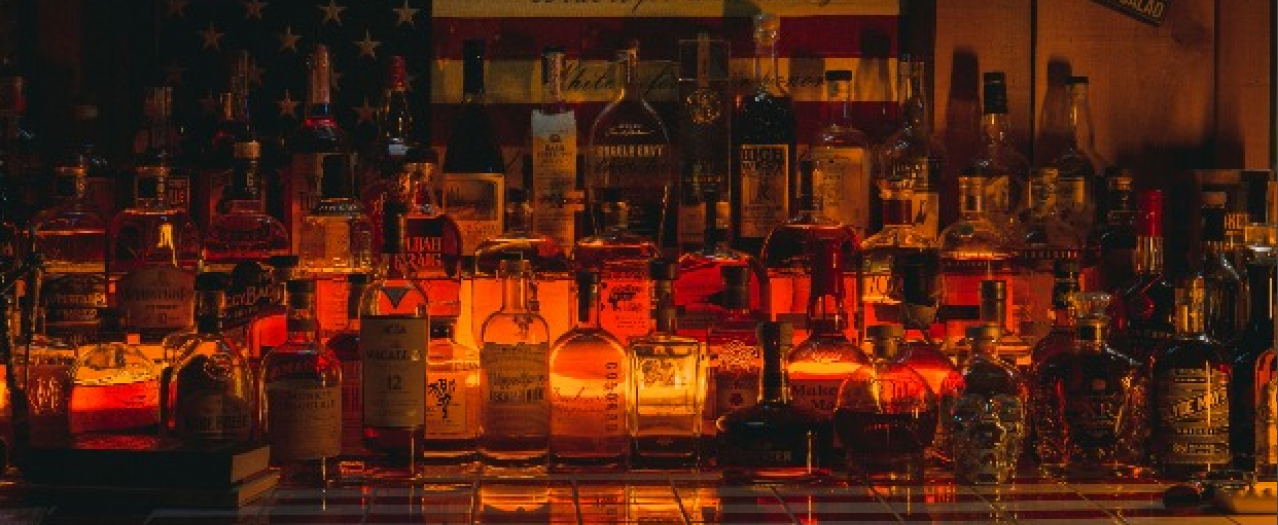“Whiskey” and “Whisky” are like siblings with different styles and accents, constantly arguing over who’s got the better taste. Both are correct but they reflect how different countries identify liquor made from fermented grain mash. The United States and Ireland both splell Whiskey with an “e”. All other countries spanning the globe such as Scotland, Canada, Japan and India spell it Whisky. Both words are pronounced the same way.

The Historical Context:
The spelling of “whiskey” with an “e” (whiskey) or without (whisky) can be traced back to historical and cultural differences between countries.
United States and Ireland: These countries predominantly use the spelling “whiskey” with an “e.” The inclusion of the “e” in “whiskey” likely originated from Irish whiskey-making traditions. Some theories suggest it may have been a marketing tactic to distinguish Irish whiskey from Scotch whisky in the American market during the 19th century.
Scotland, Canada, and Japan: In contrast, these countries tend to use the spelling “whisky” without the “e.” This spelling is believed to have originated in Scotland, which is renowned for its Scotch whisky production. The omission of the “e” might have been a result of historical spelling conventions or simply a matter of preference.

Overall, the spelling difference is largely a matter of tradition and cultural influence. While it doesn’t affect the quality or characteristics of the spirit itself, it has become a distinguishing feature of whiskey/whisky from different regions.

